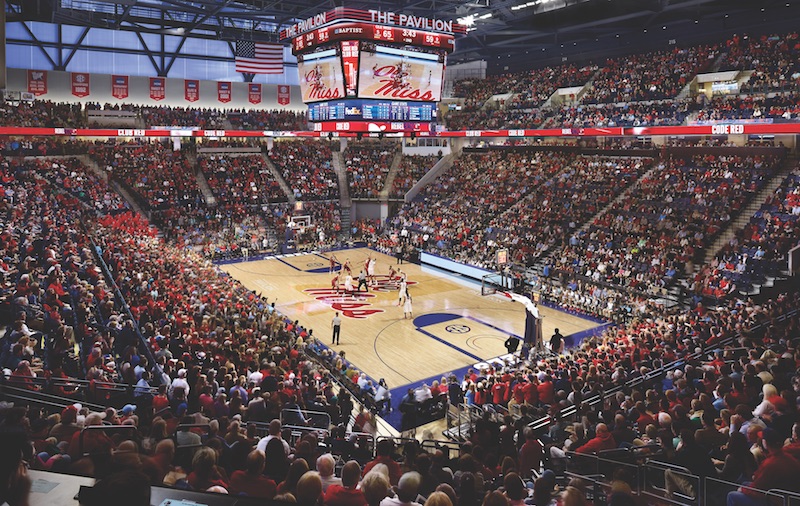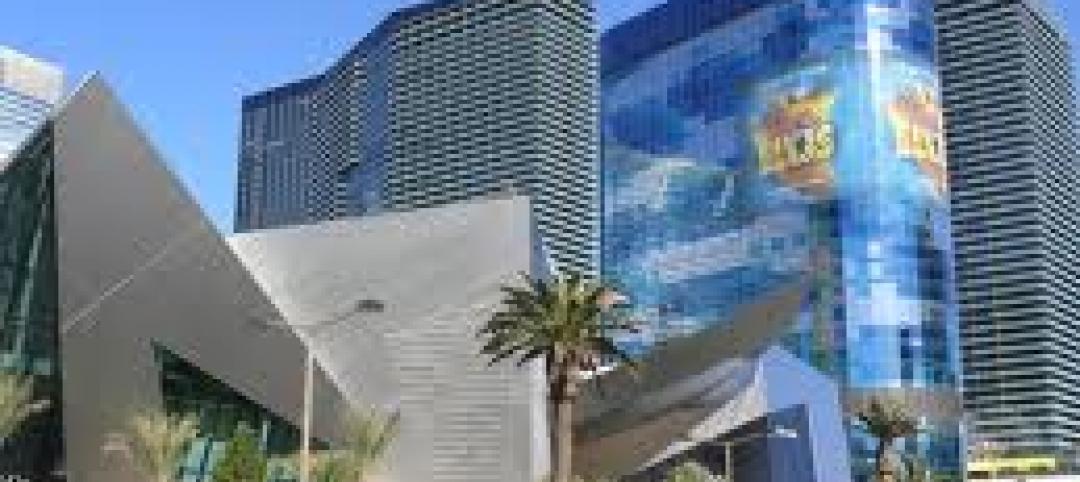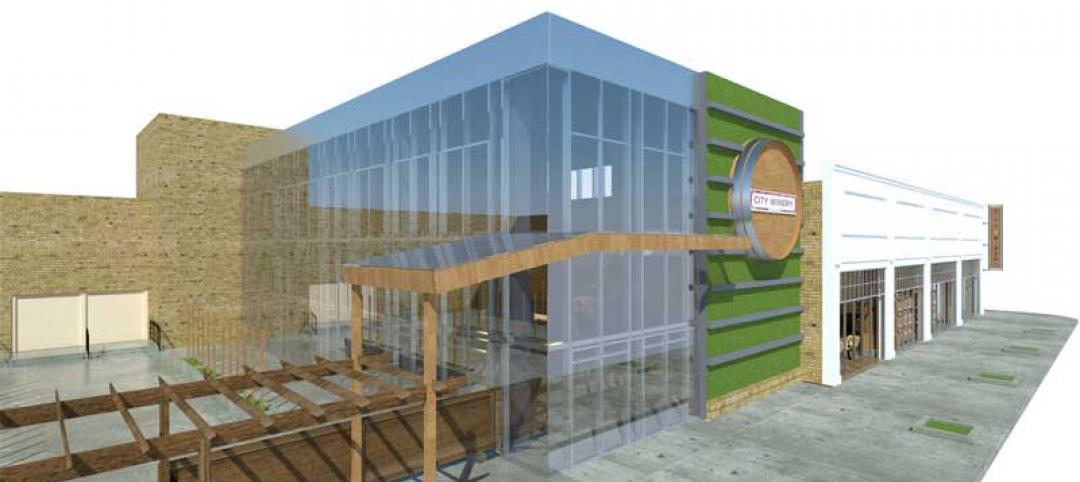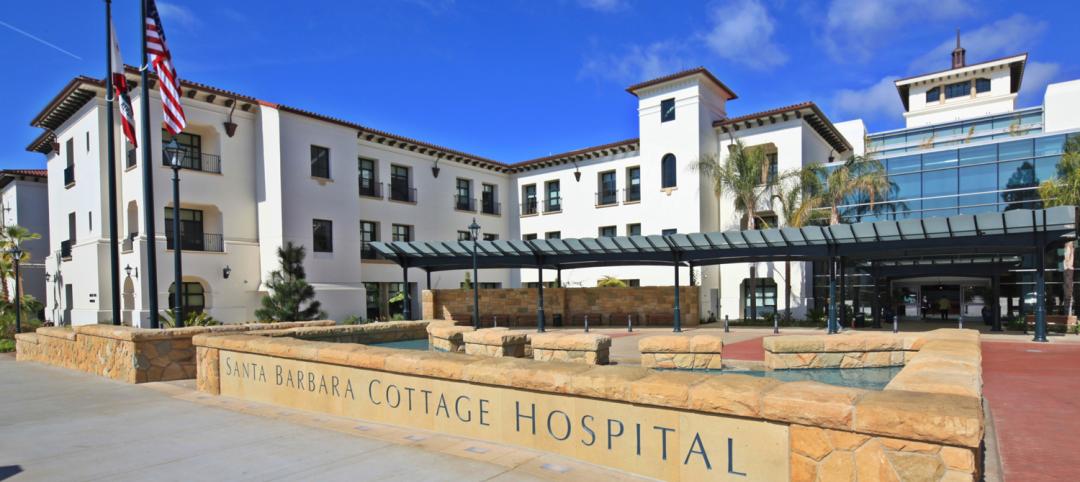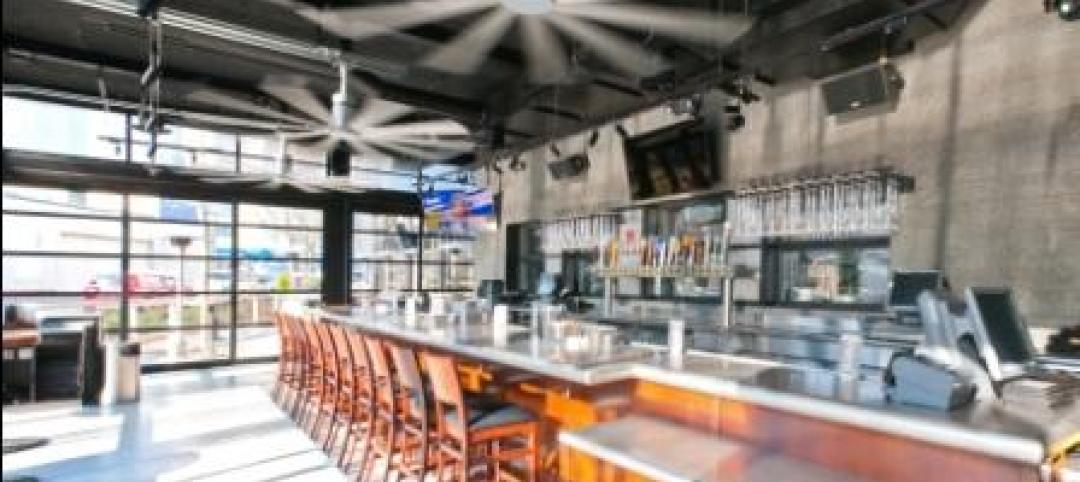The University of Nebraska Omaha’s hockey program has experienced modest success since its establishment in 1997, but last year marked the Crimson and Black’s first brush with the elite. The Mavericks reached the 2015 NCAA Frozen Four, the semifinal round of the NCAA Men’s Division I Ice Hockey Tournament.
TOP 50 SPORTS FACILITY ARCHITECTURE FIRMS
Rank, Firm, 2015 Revenue
1. Populous $113,741,160
2. HKS $81,220,737
3. HOK $58,589,000
4. Gensler $42,850,000
5. HNTB Corporation $13,419,171
6. Cuningham Group Architecture $10,238,235
7. Moody Nolan $9,800,000
8. Sink Combs Dethlefs $9,719,919
9. VOA Associates $9,577,715
10. Stantec $8,654,844
TOP 60 SPORTS FACILITY CONSTRUCTION FIRMS
Rank, Firm, 2015 Revenue
1. Mortenson Construction $837,136,000
2. AECOM $692,550,000
3. Turner Construction Co. $452,522,888
4. PCL Construction Enterprises $368,505,497
5. Manhattan Construction Group $277,528,000
6. Barton Malow Co. $266,882,651
7. Holder Construction Co. $154,000,000
8. Skanska USA $150,328,639
9. Brasfield & Gorrie $141,714,487
10. Pepper Construction Group $129,770,000
TOP 30 SPORTS FACILITY ENGINEERING FIRMS
Rank, Firm, 2015 Revenue
1. AECOM $30,000,000
2. Thornton Tomasetti $21,316,147
3. ME Engineers $18,950,000
4. Walter P Moore $18,678,163
5. WSP | Parsons Brinckerhoff $18,245,000
6. Henderson Engineers $18,179,333
7. Smith Seckman Reid $7,981,930
8. Jacobs $6,930,000
9. Magnusson Klemencic Associates $4,134,707
10. KJWW / TTG $3,320,000
UNO hockey’s good times keep rollin’ on. Last fall, the school opened the $86 million, 220,000-sf Baxter Arena, the team’s new home. Designed by HDR and Lempka Edson Architects, the 7,898-seat arena has 17 luxury suites, 750 club seats, and a 750-seat student section. Open concourses let fans see the game even when standing in line for concessions. A split bowl design keeps spectators on top of the ice.
The arena, which also hosts basketball and volleyball, isn’t just for UNO sports. The building is a focal point for the entire community. An attached community ice rink stands at the front of the building. (The UNO varsity plays on the main rink.) The public can access the community rink for open skate, curling, and club hockey. With 25-to-30-foot floor-to-ceiling windows, light is drawn in during the day; at night, visitors outside the building can peer in and see the ice.
In addition to concerts, shows, and lectures, Baxter Arena has emerged as the preferred setting for local graduation ceremonies. The Omaha World-Herald reported that 13 area high schools booked the arena for commencements this spring. The arena’s seating capacity is comfortably in between constrictive and cavernous. Free parking for 2,400 vehicles will easily accommodate all its guests.
Other schools are renovating existing structures or building new sports facilities that can serve the student body and surrounding community.
GAINING YEAR-ROUND USE
The 9,500-seat Pavilion at Ole Miss, in Oxford, Miss., opened in January. Home to the Rebels’ men’s and women’s basketball teams, the University of Mississippi’s multipurpose arena, designed by AECOM, also hosts concerts, events, and academic and student activities. A retractable lower bowl allows seating for group lectures and convocations.
The Pavilion Club on the eastern side of the arena serves as multi-use club space between basketball and football seasons. Since it’s right across a walkway from Vaught Hemingway Stadium, it will be a pre-game and game club during football season.
Even on non-game days during the week, students can access a food court just inside the north arena entry. It features two concession stands and comfortable seating, with a covered exterior plaza space.
MIXING SPORTS AND ACADEMICs in south bend
The University of Notre Dame is undertaking an even more complex sports/academic project. The South Bend, Ind., school is in the throes of turning Notre Dame Stadium into the hub of the campus. Total stadium capacity is being enlarged by 3,000–4,000 seats. Vinyl-clad benches are replacing wood bench seats, and a new video board and ribbon boards are being installed.
But the upgrade doesn’t stop at the stadium ticket window. Three new academic buildings are being built onto the stadium. The Campus Crossroads Project will add more than 800,000 sf of classroom, research, digital media, event, and student life space.
Nate Appleman AIA, LEED AP, HOK’s Director of Sports, Recreation, and Entertainment, says university officials looked at the site and determined that they had the room to turn the site into a focal point right in the core of campus. He says the question became, How does Notre Dame capitalize on that?
The nine-story Duncan Student Center sits on the west side. The first five floors contain fitness facilities, lounges, a meeting room, a career services center, a dining area, and a ballroom. The upper floors have gameday features like premium seating and booths for coaches and media.
The nine-story Corbett Family Hall, which houses the anthropology and psychology departments and a digital media center, sits on the east side. Its upper levels have the stadium press box, outdoor club seating, and club space. The seven-story Music and Sacred Music hall for the Department of Music and the Sacred Music program is located to the south. That facility has recital and rehearsal halls, a music library, and a lounge. Mechanical space for the scoreboard and football operations is on the uppermost story.
HOK was the sports, recreation, and hospitality consultant to S/L/A/M Collaborative (design architect). HOK designed in-stadium features, such as n loge boxes and press facilities. The new HOK-designed Student Recreation Center in the Duncan Student Center features an indoor track, a four-story climbing wall, boxing areas, and training turf. The facility triples the amount of fitness space available to students. The firm also designed terraces on each building that will offer views of the playing field and campus.
Appleman says that the concept of making a stadium into an environment that’s inhabited 365 days a year as a campus core building is an idea that’s replicable.
“This is going to be something that’s going to spread like wildfire throughout the college landscape, no doubt,” he says.
RETURN TO THE GIANTS 300 LANDING PAGE
Related Stories
| Apr 23, 2012
Vegas’ CityCenter called financial ‘black hole’
Two and a half years ago, stockholders filed six lawsuits after the stock price fell from $99.75 on Oct. 9, 2007, to $1.89 on March 5, 2009. Bondholders sued over similar steep losses.
| Apr 23, 2012
Innovative engineering behind BIG’s Vancouver Tower
Buro Happold’s structural design supports the top-heavy, complex building in a high seismic zone; engineers are using BIM technology to design a concrete structure with post-tensioned walls.
| Apr 23, 2012
AAMA releases updated specification for anodized aluminum
AAMA 611-12 describes test procedures and requirements for high performance (Class I) and commercial (Class II) architectural quality aluminum oxide coatings applied to aluminum extrusions and panels for architectural products.
| Apr 23, 2012
Thornton Tomasetti project wins AISC Merit Award
Thornton Tomasetti provided structural design services through construction administration to architect HOK for the 1.6-million-sf tower and tiara structure, which comprises 15 steel tube arches spanning approximately 158 feet horizontally and 130 feet vertically from the top of the main building roof.
| Apr 23, 2012
Construction underway on City Winery Chicago
The Building Team is maintaining the old brick and timber construction, while adding 5,000-sf of new construction in the form of a two-story addition within the site’s existing courtyard.
| Apr 20, 2012
McCarthy completes Santa Barbara Cottage Hospital Replacement Facility
The new hospital’s architectural design combines traditional Santa Barbara Spanish colonial architecture with 21st century medical conveniences highlighted by a therapeutic and sustainable atmosphere.
| Apr 20, 2012
Century-old courthouse renovated for Delaware law firm offices
To account for future expansion, Francis Cauffman developed a plan to accommodate the addition of an 8-story tower to the building.
| Apr 20, 2012
RCMA and Oak Ridge National Laboratory to host International Roof Coatings Conference
The International Roof Coatings Conference will feature keynote speakers Marc LaFrance of the U.S. Department of Energy, and Art Rosenfeld of the Lawrence Berkeley National Laboratory.
| Apr 20, 2012
Shawmut completes Yard House Restaurant in Boston
12,000-sf restaurant marks new addition to Boston’s Fenway neighborhood.
| Apr 20, 2012
Registration open for Solar Power International 2012 in Orlando
President Bill Clinton to deliver keynote address at ?largest solar energy event in the Americas.


